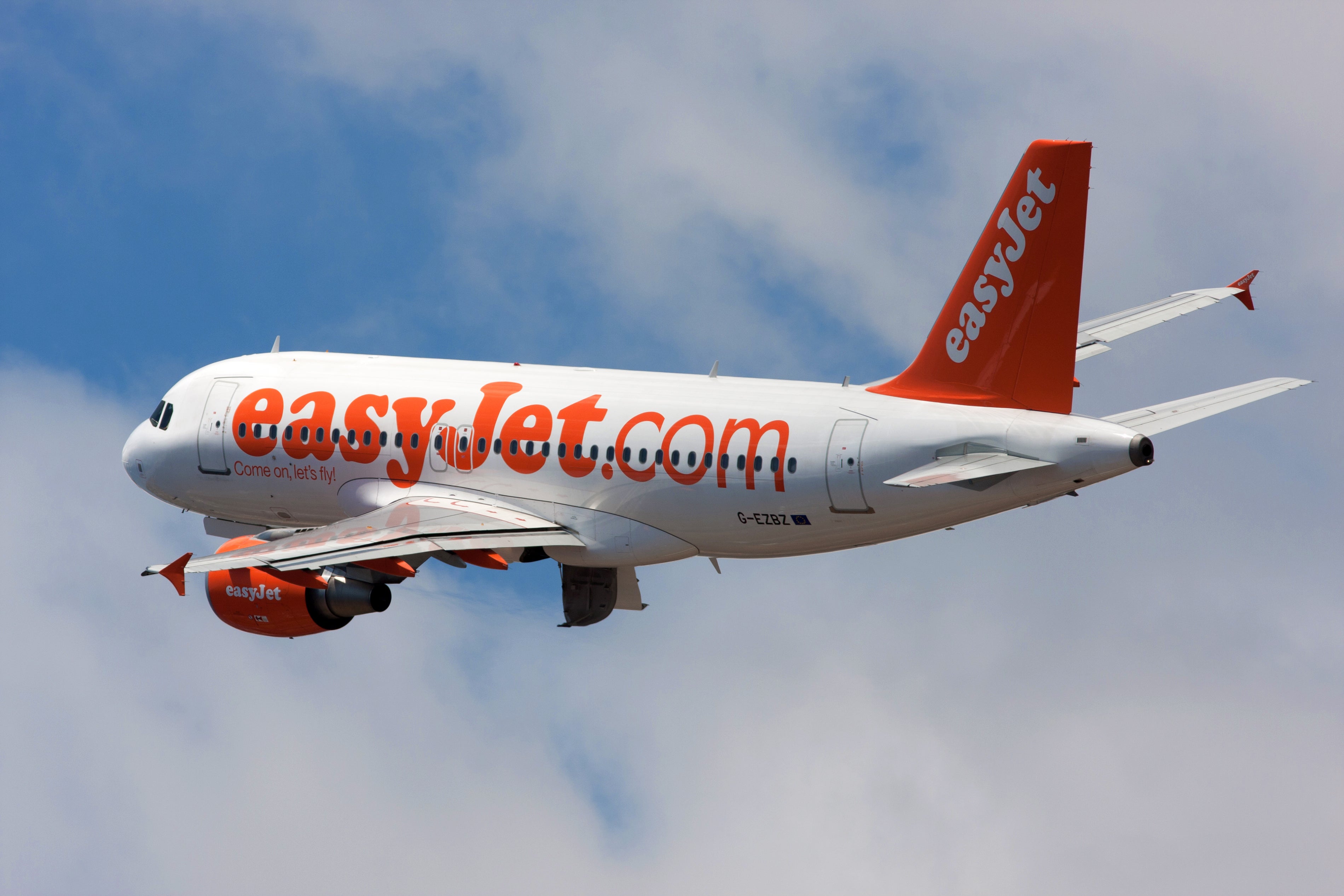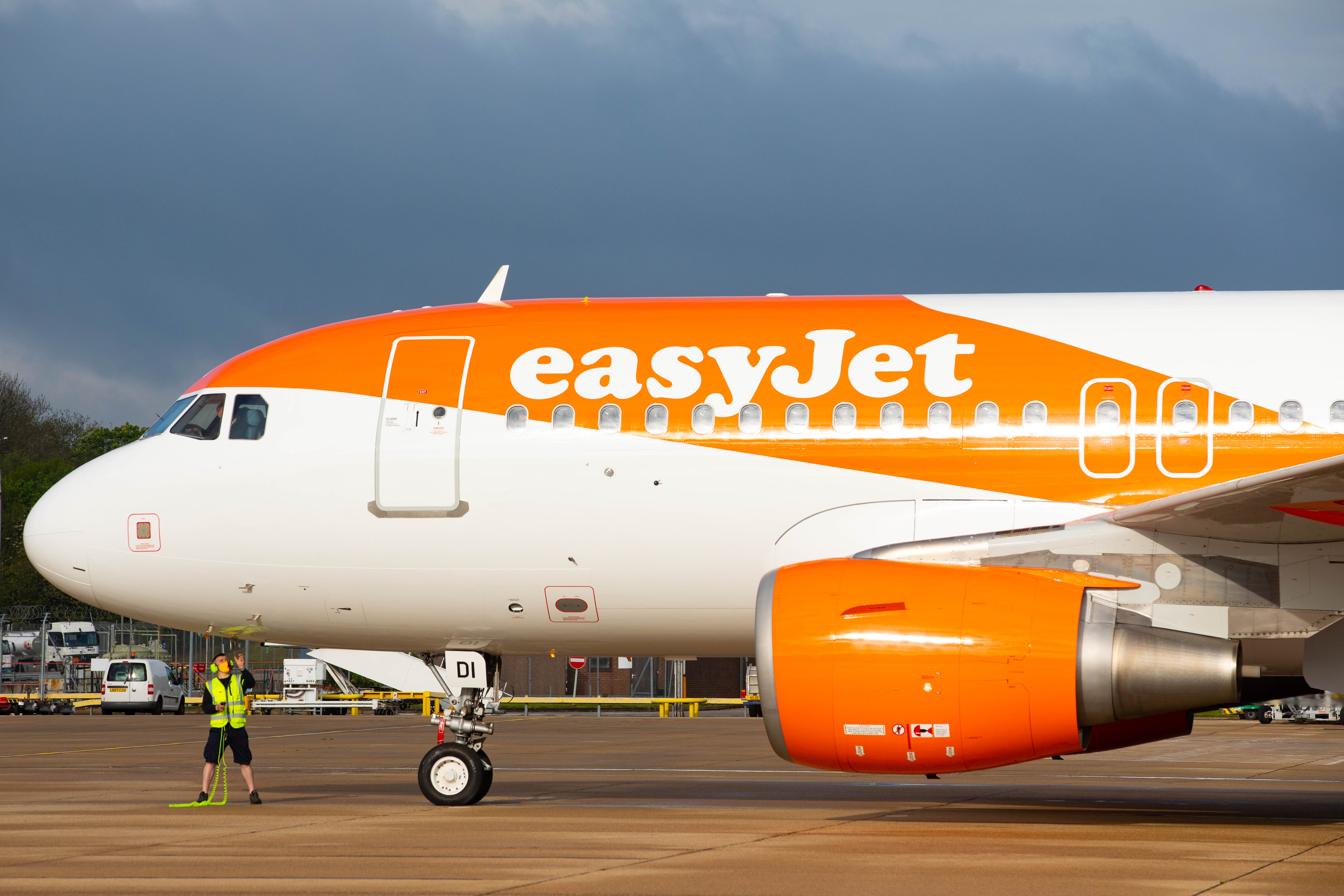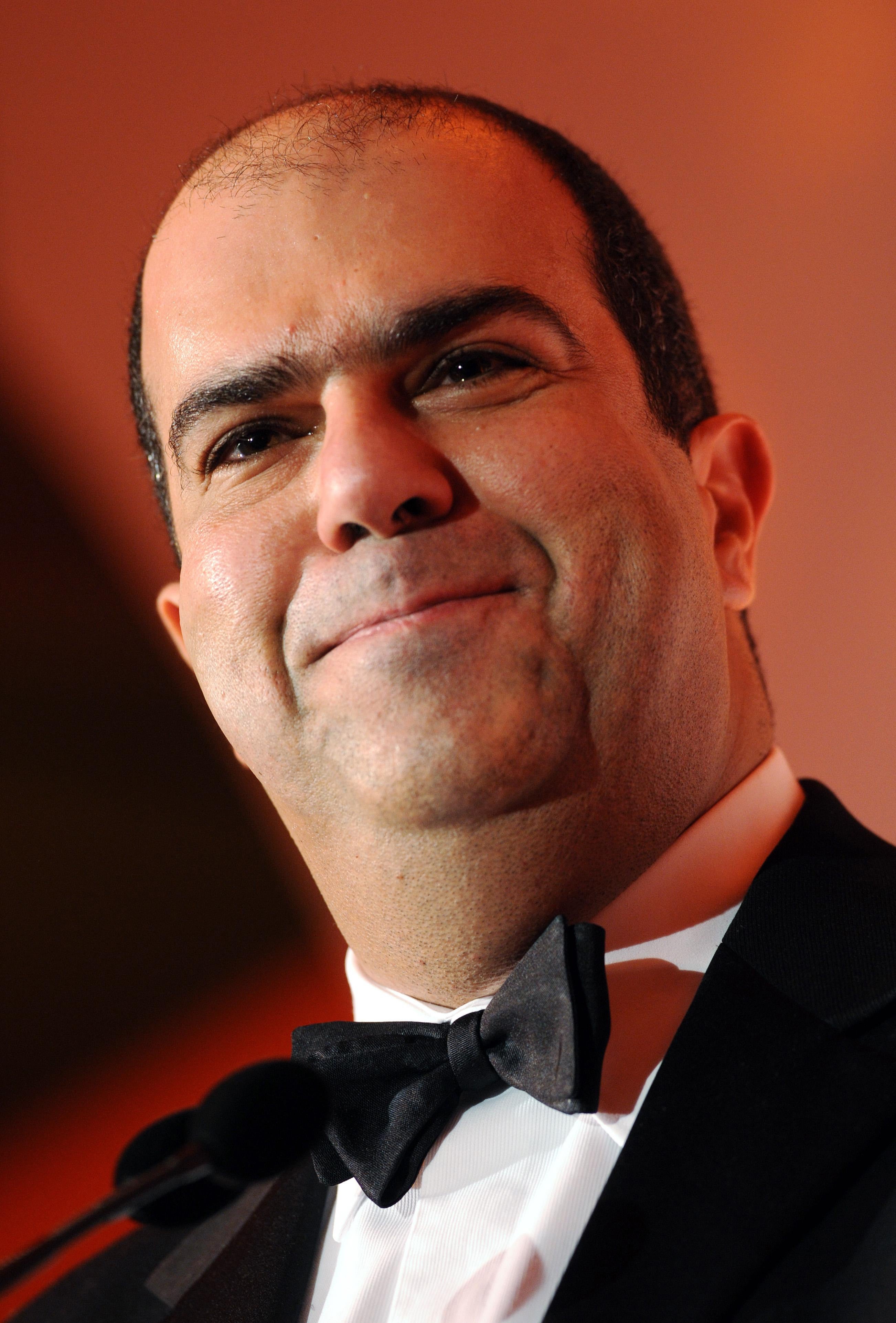EasyJet’s parent company loses High Court ‘easy’ trademark battle
The group had taken legal action against easyfundraising, claiming it had infringed various trademarks

Your support helps us to tell the story
From reproductive rights to climate change to Big Tech, The Independent is on the ground when the story is developing. Whether it's investigating the financials of Elon Musk's pro-Trump PAC or producing our latest documentary, 'The A Word', which shines a light on the American women fighting for reproductive rights, we know how important it is to parse out the facts from the messaging.
At such a critical moment in US history, we need reporters on the ground. Your donation allows us to keep sending journalists to speak to both sides of the story.
The Independent is trusted by Americans across the entire political spectrum. And unlike many other quality news outlets, we choose not to lock Americans out of our reporting and analysis with paywalls. We believe quality journalism should be available to everyone, paid for by those who can afford it.
Your support makes all the difference.The parent company of EasyJet has lost a trademark battle with a company over the word ‘easy’.
EasyGroup lost the High Court trademark dispute against shopping website easyfundraising Ltd.
The defendants denied the allegations made against them, claiming there was no evidence to suggest a customer would confuse the two brands.
In a ruling on Wednesday, Mr Justice Fancourt dismissed easyGroup’s claims, saying “it is unlikely that any but a few would make the association and be confused” between the two brands.
He added: “Users of easyfundraising’s advertising services would be least likely to be confused, as they were relatively sophisticated and careful business persons, or professionals, and as such are most unlikely to consider that easyfundraising or easysearch is an easy+ brand or connected in some way with easyGroup.”

EasyGroup was set up in 1998 by Greek Cypriot entrepreneur Sir Stelios Haji-Ioannou and as of May 2024 listed more than 200 “easy+” branded business ventures and websites within its portfolio, including easyJet, easyBus and easyHotel.
Mr Justice Fancourt said that from a “very early stage Sir Stelios intended the easy+ businesses to be a collection of different brands” and easyGroup claimed that in 2005 these trademarks were infringed when easyfundraising was launched.
He added that easyGroup said its trademark was again infringed in 2007 by easyfundraising’s creation of the easysearch brand.
Among the other claims made against easyfundraising, easyGroup also alleged the cashback shopping website’s “poor reputation” would have a negative impact on the easy+ brand, the judge said.
But in an 81-page ruling, he said that as “there is no identity or similarity of services provided by easyfundraising and the services specified, the claimant’s claim of infringement as at 2005 and 2007 must fail”.
The judge added: “It is unnecessary, and in any event impossible, to consider in detail the issue of risk of confusion on the facts that I have found, given that there is no similarity of goods or services.”

Mr Justice Fancourt noted that the “large number of retailers that advertise with easyfundraising and have done so for years, including well-known and reputable high street brands such as Marks & Spencer and John Lewis, demonstrate that retailers do not share the claimant’s view that easyfundraising has a poor reputation”.
He added: “Indeed, many of the easyGroup licensees, including easyJet itself, advertised on easyfundraising between 2010 and 2022, generating around £1.25 million of sales.
“Whether the advertising was placed by affiliate networks or agents and whether it was to the knowledge of senior personnel at the licensees is really immaterial: what the facts demonstrate is that easyfundraising was not a platform that reputable brands (such as easy+ brands) did not use to advertise those brands.”
After the verdict, Sir Stelios said easyGroup was “disappointed with this decision which has a number of contradictions and will be appealing this judgment immediately”.
He added: “Irrespective of today’s ruling, our legal action has successfully de-masked easyfundraising.org.uk false marketing as a charity when in fact they are a highly profitable organisation with less than 13% of proceeds going to genuine registered charities.
“We will continue our challenge which we believe to be in the interest of the UK consumer and the UK’s real registered charities.”
James Moir, easyfundraising chief executive, said the company was “delighted that the ruling is so conclusive and that we can now get on with helping those that really need our time and focus”.
He added: “Essentially, this was a trademark case over the use of the word ‘easy’ in our name even though easyfundraising has existed for nearly 20 years.
“We have never claimed to be part of easyGroup – there would be no reason or reputational benefit for us to do this.
“It is telling that easyGroup were not able to produce a single piece of evidence showing any customer confusion has ever existed.”